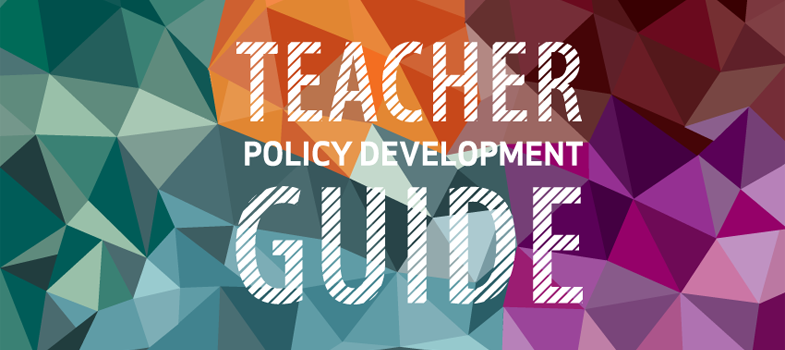4.1.2 Phase 1: Issue identification and agenda-setting
The starting point in any teacher policy development process is agenda-setting, which involves identifying, agreeing on and clarifying the issues or problems requiring further government attention.
The teacher policy agenda may emanate from other sources besides government, such as public opinion, international agencies and teacher unions. Whatever the source, government plays a crucial role in taking up and acting on the agenda. The processes of agenda-setting and developing a teacher policy reflect power relationships – particularly in relation to such questions as ‘who can speak, when and with what authority’ (Ball, 1990: 17). Various actors and stakeholders have different power positions in society and bring these to the policy process. It is therefore important to pay attention to the manner in which – and by whom – the policy problem is identified and framed as it develops; power dynamics impact on the entire teacher policy development process, from the manner in which the proposed agenda evolves and is acted on, to which aspects eventually become policies.
Section 4.2 reviews the roles and responsibilities of relevant bodies in designing, drafting and validating a national teacher policy.
4.1.1 Consultation — ongoing and meaningful throughout the policy process
